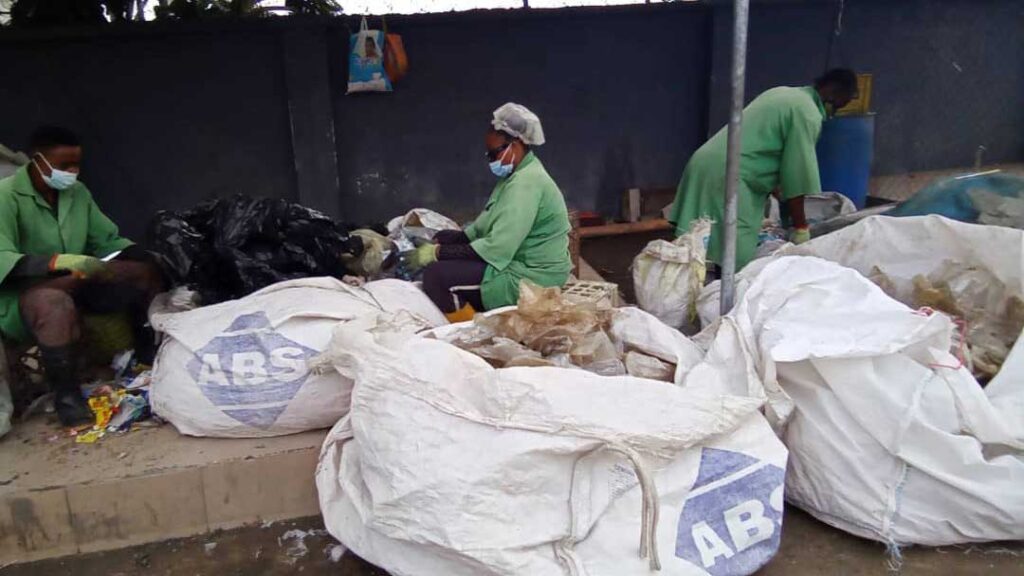
Sir: The Nigerian education sector needs to start ‘‘growing up.’’ The sector needs to start embracing the social realities the pandemic has created. There’s a lesson to learn from every crisis. Crises usually come at unexpected times. And when they come, it’s our duty to unravel the possible lessons therewith. A learning country is a growing country. A growing country is a progressive country. And we need to start learning and start growing to be progressive in our experience.
Actually, primary and secondary schools across the country should have resumed on January 4. But due to the pandemic’s surge in infection rates, it had to be postponed to January 18. Some parents have typically frowned upon school resuming some way or other, partly because of the potential risk of their children contracting the virus because the country is not only grappling with a second-wave outbreak, but also because the government has not gotten grip of the virus. These parents prefer their pupils or students stay at home with their home tutors pending when the pandemic would largely be contained. Other parents are not happy with their wards staying at home not because they want them to really learn but because they are potential liabilities to them. So, it’s better their children go to school than eating four to five meals a day. And those parents whose offspring seem to be between the ages of 14 and 20 are afraid that these able-bodied boys and girls could become threats to them and their society. They believe keeping them back at home potentially would breed miscreants and hoodlums and fraudsters out of them.
At the bleak of last year’s resumption, it used to be “one day on, one day off.” What now obtains is that they are to come once in week. So what are we teaching? What are we learning? These are questions parents and guardians are asking educationists and government officials.
To answer them, I think they should cast their minds back to when the lockdown was severe and these same pupils and students yet had to learn on radios and TV sets and other social services. Even though we didn’t go online fully, we did launch deeply into the telecommunication network services. Hardly did we think of school resuming or sending our wards to assembly grounds because they’re already becoming user-friendly and addicted to the new mode of learning.
Recent studies have shown that 20 million girls of secondary school age are not likely to return to school again because of the pandemic. That should be compelling enough reason why school and social agencies saddled with the responsibility of ensuring our vulnerable teenage girls stay away from sexual harassment, human trafficking, rape, “trade-by-barter commodities” of early marriages and all sorts of vicious and heinous acts that would make them lose their essence of existence, should immediately intervene in the educational space.
Segun Ige, a graduate of English, University of Lagos.













